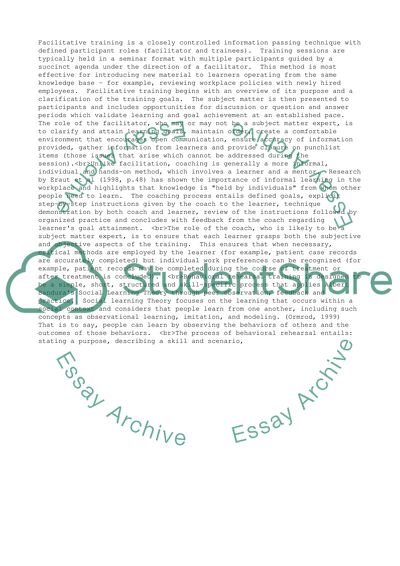Cite this document
(“Preparing Facilitators Essay Example | Topics and Well Written Essays - 1250 words”, n.d.)
Retrieved from https://studentshare.org/business/1522140-preparing-facilitators
Retrieved from https://studentshare.org/business/1522140-preparing-facilitators
(Preparing Facilitators Essay Example | Topics and Well Written Essays - 1250 Words)
https://studentshare.org/business/1522140-preparing-facilitators.
https://studentshare.org/business/1522140-preparing-facilitators.
“Preparing Facilitators Essay Example | Topics and Well Written Essays - 1250 Words”, n.d. https://studentshare.org/business/1522140-preparing-facilitators.


